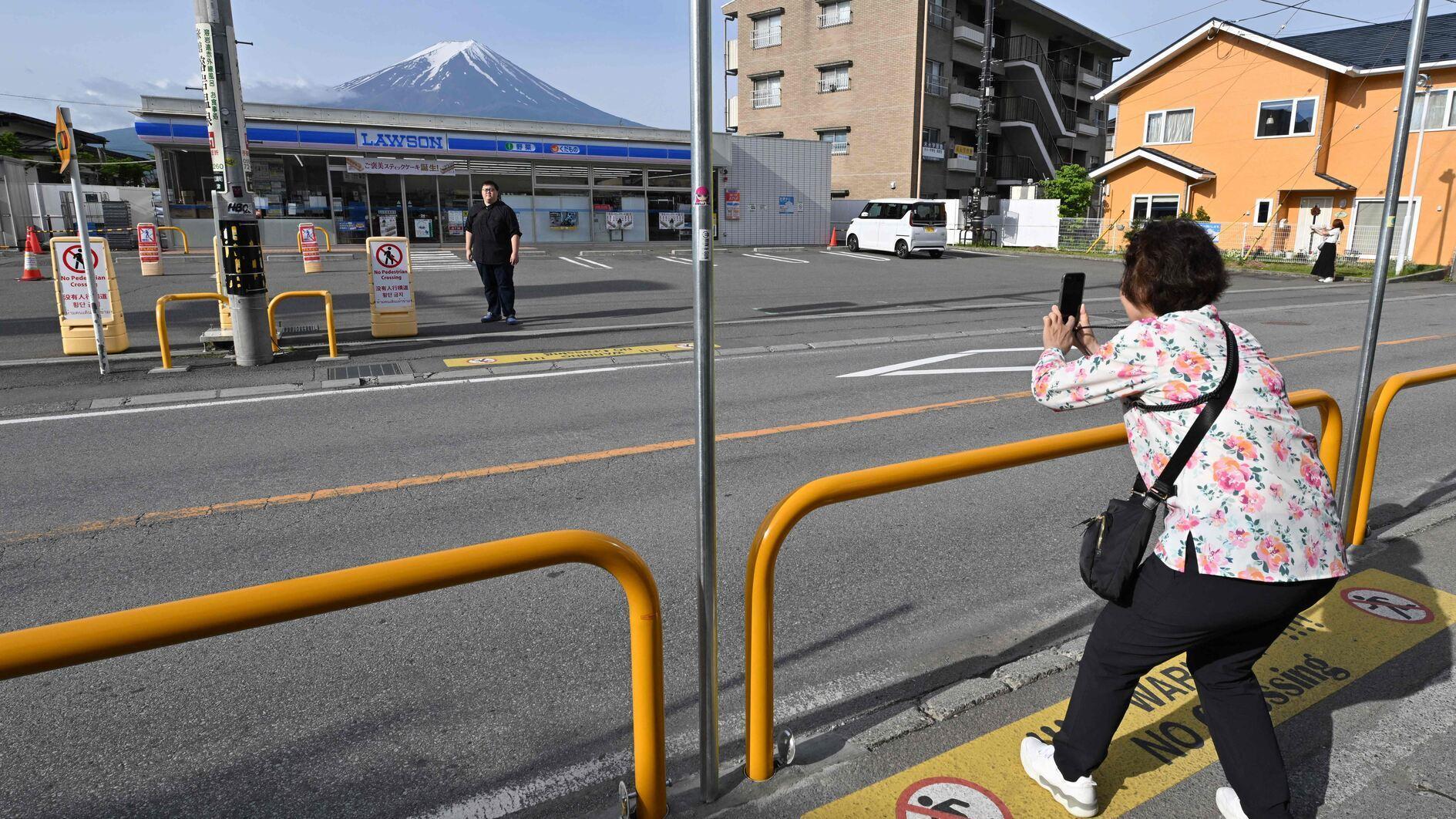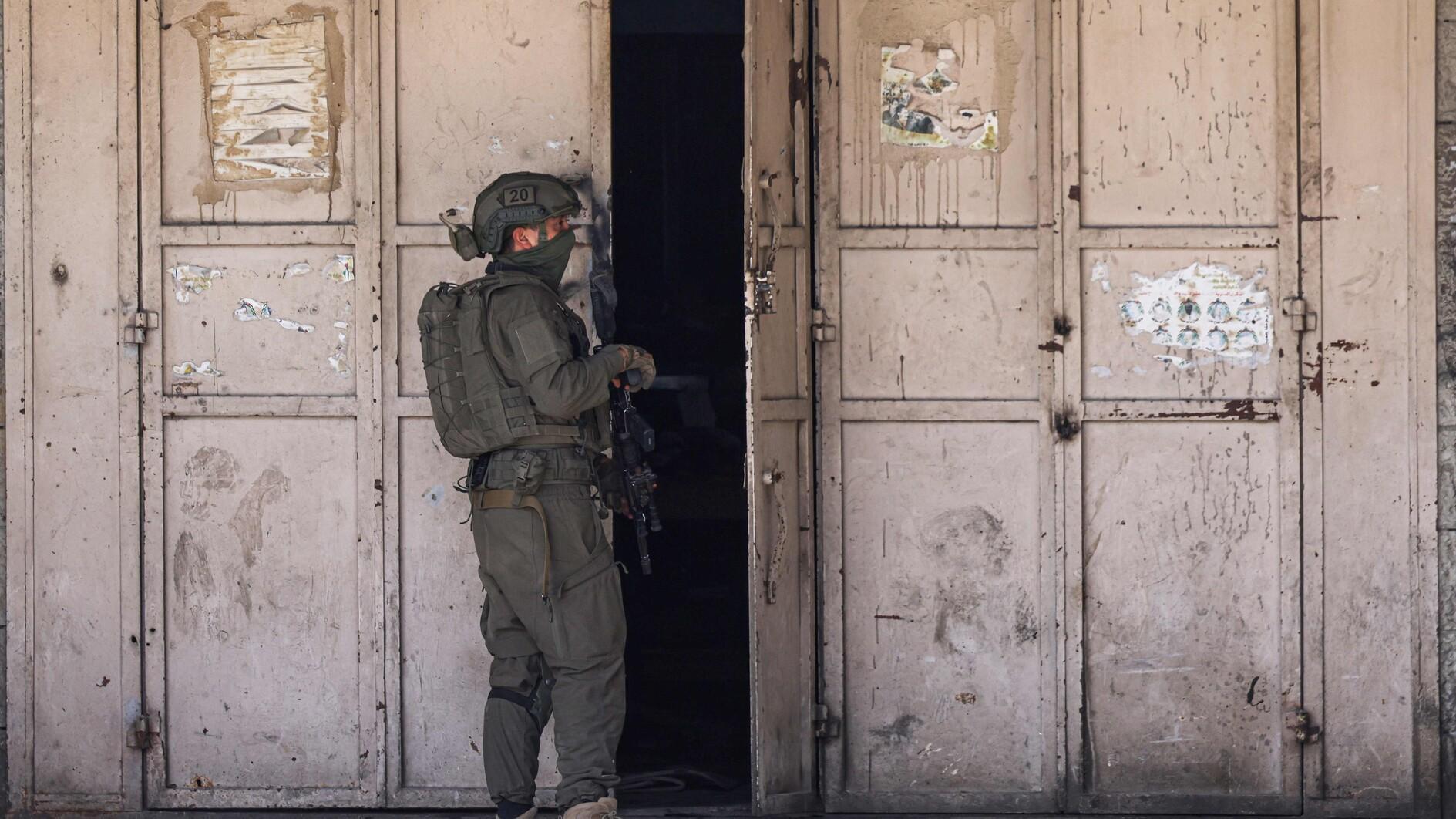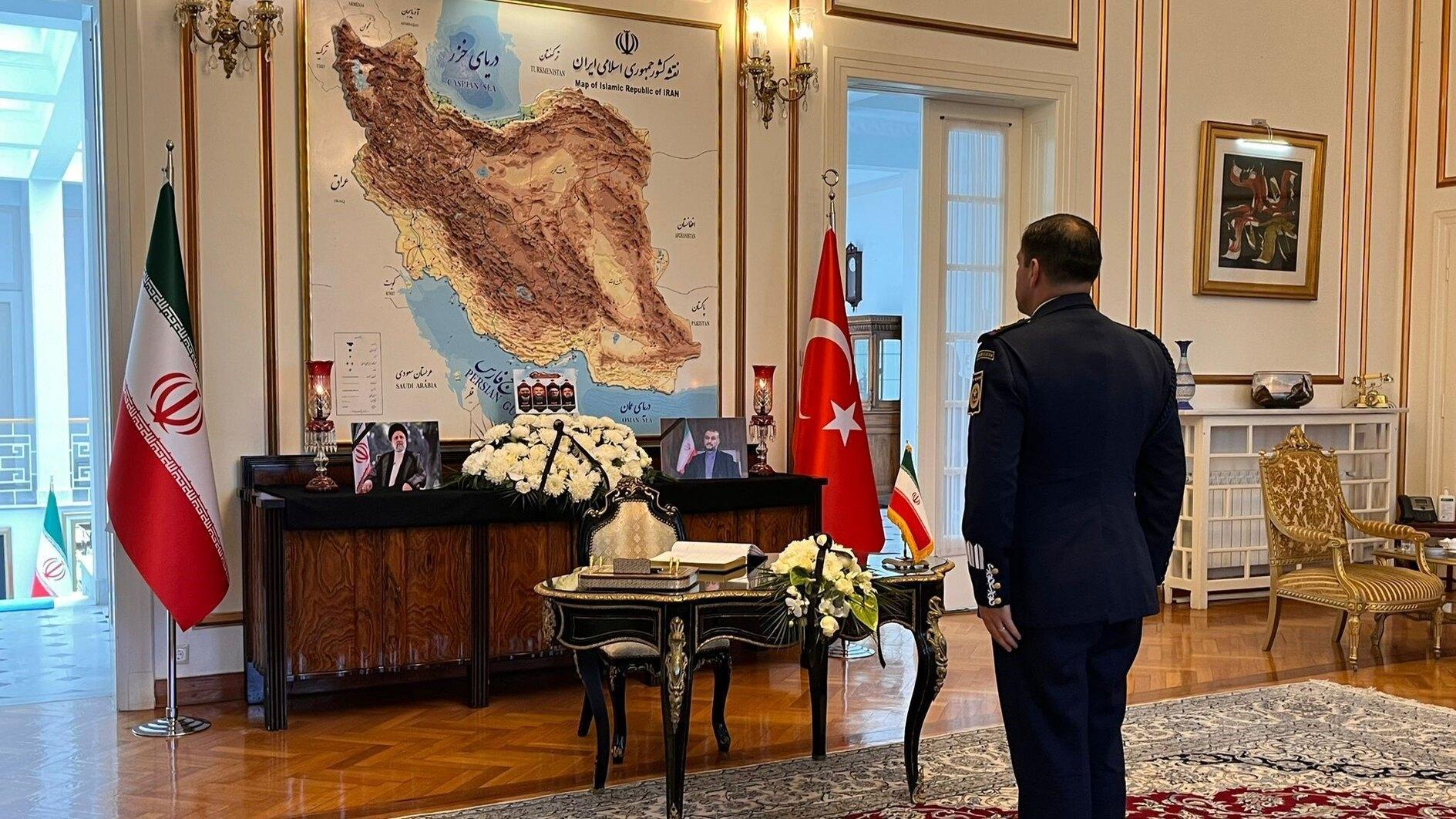Community-government: Clues of the tension
ORAL ÇALIŞLAR
Columnist Etyen Mahçupyan, in his column at daily Zaman, suggested the other day that sides approach a matter by talking in a reasonable manner and without escalating tension: “The stage the incident has reached does not allow for an unexpected move any more. What comes next depends on whether or not there will be an environment of commonsense constituted between the government and the prime minister, and the influential names of the ‘Hizmet (Service) Movement.’ And this is related to the elimination of the fervor for cheap shots, adoption of a cool attitude on both sides and the carrying out of real dialogue.”With the story titled, “The plan to finish Gülen,” we see that the tension is deepening, not moving toward reconciliation. The media outlets of the Community are in a militant mood, a mood they haven’t been in before. The pro-government ones are not any different.
According to the militant pens of the Community, “the MGK Report” concerns an agreement between the government and the military aimed at finishing off finish the Gülen Movement in 2004.
The prime minister’s political advisor Yalçın Akdoğan denied this with a statement; Akdoğan said the MGK report was, at that time, considered null and void by the government and that it would have been impossible to implement it. All of this point out to the fact that there is some previous discomfort between the government and the Community. The sides do not quite trust each other, and have not been doing so for a long time.
Obviously, both possess secret intelligence to corner each other. In parallel with the development of the process, documents might come out one by one from somewhere and may be used as war material.
Fight for deep government
In the coming two years, we will have three elections that will determine Turkey’s future and that will determine the next 10 to 15 years of governing formulae. Within this framework, we can try to understand the “psychological transformation” observed within the government and in the powers surrounding it.
I prefer to say “the government circle” because the Gülen Community that define themselves as the “Hizmet Movement” has become a significant player on the political scene in the past few years. They are in a position as the most influential implementer of Turkey’s opening to the world project’s civilian area. It is not a secret that the Hizmet Movement, in coordination with the government, constitutes a significant power in education as well as having accumulated a serious economic power behind it.
Despite the continuous tension between them, the Justice and Development Party (AK Party) and the Community essentially moved together and stood back-to-back during critical times such as “the elimination of the military tutelage.” Even during days when tensions had risen, they did not give up standing side-by-side as two allied powers.
However, we are now in the corridor of “government reshuffle.” Questions ahead of us include “Who will use the opportunities of the government and how?” and “especially within the conservative segment, how will the ‘zone sharing’ be done?”
Problem Question: Who will lead the AK Party?
Contrary to some, I do not assume that there will be any problems in Erdoğan being elected as a president.
The more important point is who will lead the ruling party after Erdoğan.
The relationship between Erdoğan and the Community was always overtly or covertly tense. However, from this point on, alea iacta est, the die has been cast. There could be attempts at reconciliation, there could even be some reconciliation points; however, the crisis triggered by three elections will make itself felt deeper and deeper.
The competition in local elections can be used as an opportunity. After that, the presidential elections will emerge as a platform of trumping and settling accounts. We may be meeting new “alliances” and “coalitions” that we cannot calculate in advance. There is such a complicated period ahead of us that probably nobody can make a very concrete assumption.
The tension that I assume will be climbing will continue affecting Turkey’s economic, sociological, psychological and cultural equilibriums in every sense.
Oral Çalışlar is a columnist for daily Radikal in which this piece was published on Nov 29. It was translated into English by the Daily News staff.











